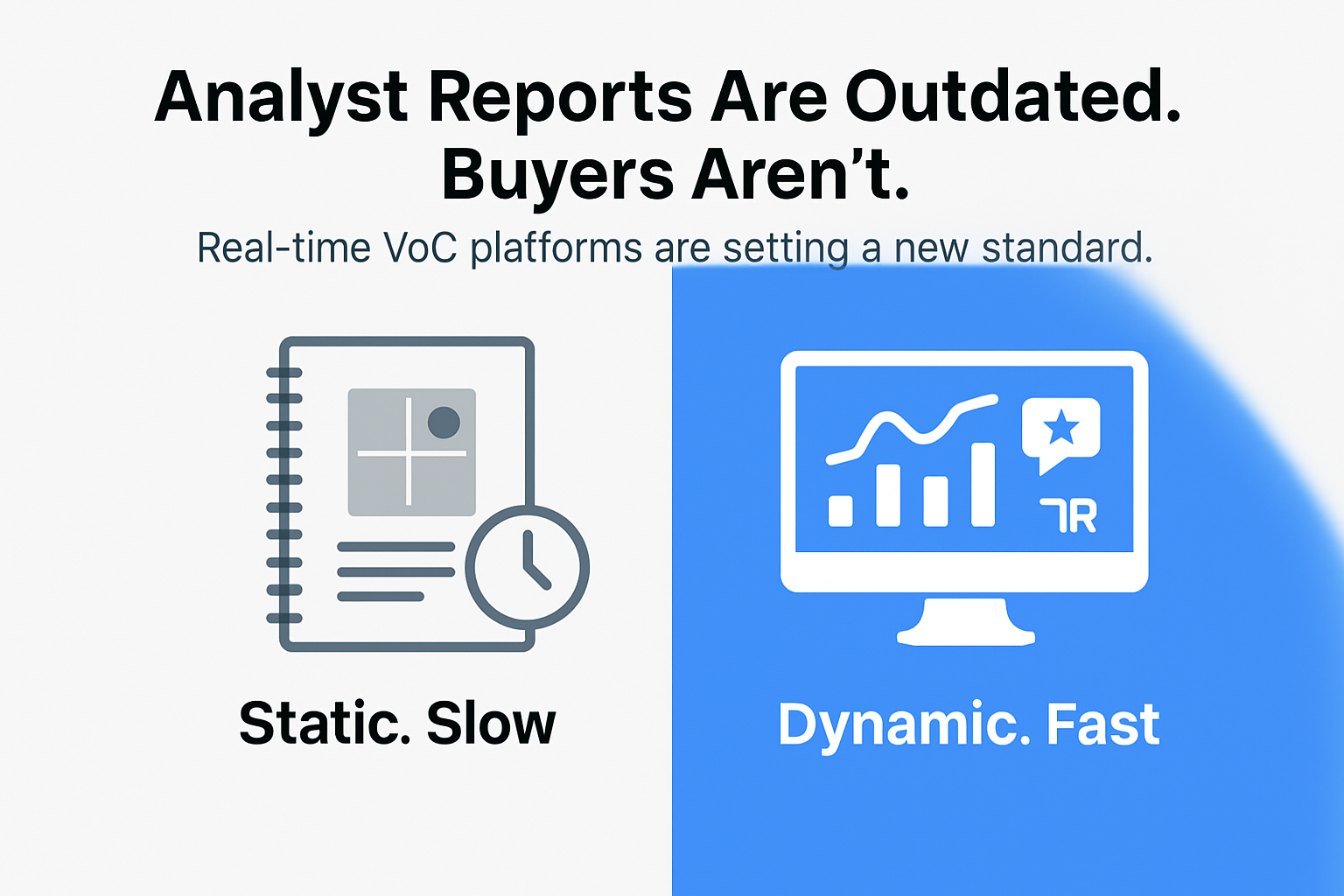Delayed flight? Quality problems with your new purchase? There’s an increasing tendency to immediately roast the brand on social media.
Don’t.
Your angry tweets have become meaningless.
Although letting rip might make you feel better, it’s hardly a way of winning friends and influencing people. Unless there’s a really – and I mean really – good reason for a stream of social media invective (like it’s you being forcibly thrown off a plane, right now), then remember this about your stream of angry tweets: Nobody really cares.
There’s no better way to alienate your carefully-tended list of Twitter followers than a stream of irrelevant, self-centered complaints. And in the grand scheme of things, it really doesn’t matter. Planes are delayed, customer service sometimes goes wrong, electronics don’t always work as they should (especially when you haven’t RTFM): it’s a fact of life.
By having a social media tantrum about something that’s actually pretty minor, all you’re doing is devaluing your own opinions. Save them for something more meaningful.
This constant process of crying wolf is getting old. It’s a turn-off when someone you’re following gets into a tantrum. Let’s get real: it really isn’t the end of the world as we know it if your flight is 15 minutes late boarding. Of course, while you’re suffering from poor service then it’s easy to forget that the whole world isn’t enduring this with you. OK, so maybe a close relative is going to have some sympathy – but you don’t need to share the info with the world.
Your angry tweets are especially worthless a few hours later – when you’ve finally arrived at your destination – and no doubt started bitching about your hotel room, a stray hair on the bedsheets or the non-arrival of your luggage, as if it’s the biggest news of the day.
The brands at the end of this invective are of course obliged to respond. In our shallow, transient, self-centered echo chamber, any brand that does not immediately respond, apologize (and make promises to conduct a full investigation to ensure that such a terrible thing cannot ever happen again) is immediately labeled as heartless, uncaring and callous. A snowflake can quickly turn into a huge snowball, hurtling downhill – with friends of friends chiming in with remarks like “shameful” and “boycott them”. Yet the truth is that the brands themselves only care enough to make you stop moaning – they simply want you to cease and desist from creating a stream of negative comments on social media. Once you’ve finished burning them – and alienating your friends – so you go back to being just a number. And they can carry on tweeting about the trivial stuff.
Too much, too often – we’re becoming deaf to complaining
Social media firefighting for brands has become an everyday activity. But since so many people are using social media to complain – all the time, about trivial things – angry tweets have become largely meaningless. Ask yourself: Did your outraged comment about delayed boarding actually influence *anyone* else to boycott that airline? Or were you just venting, in public?
You’re probably only tweeting angry comments because you are feeling powerless. Travelers with frequent flyer cards are locked in anyway and the airlines know it. The same goes for your local supermarket – once you’ve got over whatever problem it is, you’ll be back there with your cart as if nothing happened. As for your favorite brands – if something goes wrong once, will you really boycott them for life? Really?
For brands, the best strategy is simply to grin and bear it – go through the process of robustly defending your brand against attack on social media – and remember that today’s tweet storm is quickly forgotten, in most cases.
For consumers, it’s time to get over complaining about trivial stuff on social media: Save it for when you really need to raise hell. Incidents like passengers being forced out of their seats on jets: Sure. That’s always going to hurt a brand. And that’s where a tweet storm really comes into its own.





